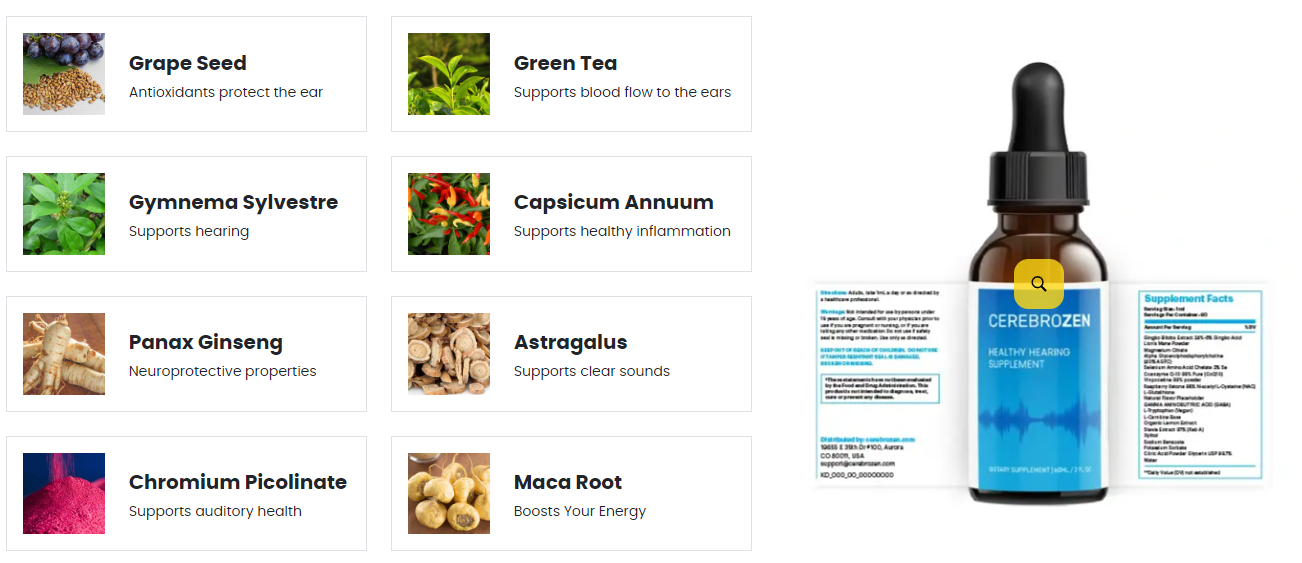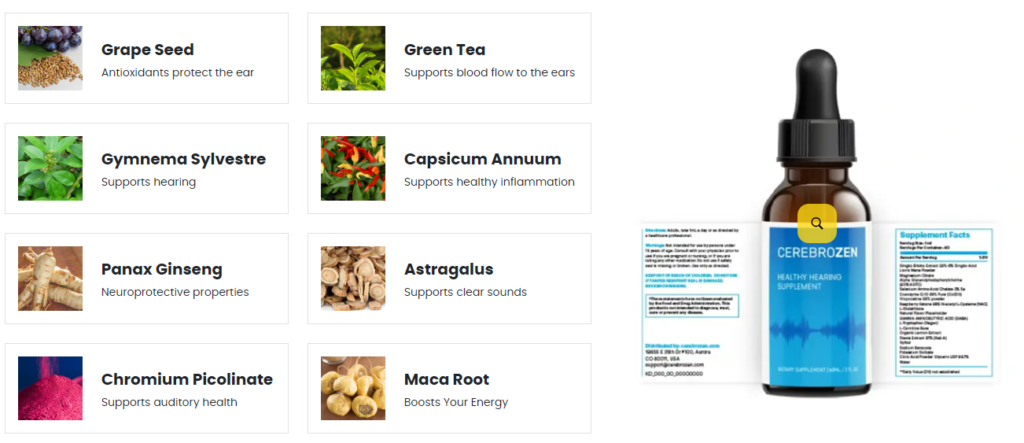Best Of
Improve Your Hearing Naturally: Safeguarding Your Most Precious Sense

Hearing is a vital sense that connects us to the world around us. It allows us to appreciate the beauty of music, the nuances of conversation, and the comforting sounds of nature. Yet, hearing loss is a prevalent concern, affecting millions of people globally. While there are technological advancements offering hearing aids and other assistive devices, many individuals seek natural solutions to improve or maintain their hearing health.

This article explores various natural strategies to support healthy hearing and potentially improve auditory function. We’ll delve into lifestyle modifications, dietary considerations, and natural remedies that may bolster your hearing health. It’s important to remember that these methods are not guaranteed cures for hearing loss, and some may have limited scientific evidence. However, incorporating them into your routine can contribute to overall well-being and potentially offer some benefits for your hearing.
Essential Lifestyle Changes for Healthy Hearing
- Protect Your Ears from Loud Noise: This may seem obvious, but it’s crucial. Excessive exposure to loud noises can damage the delicate hair cells in the inner ear, leading to hearing loss. When in loud environments, wear earplugs or noise-canceling headphones. Limit your time around loud machinery or avoid listening to music at excessively high volumes.
- Maintain a Healthy Weight: Research suggests a possible link between obesity and hearing loss. Maintaining a healthy weight through a balanced diet and regular exercise may contribute to better overall health, potentially benefiting your hearing as well.
- Manage Stress: Chronic stress can have a detrimental impact on your health, including your hearing. Techniques like meditation, yoga, or deep breathing exercises can help manage stress and potentially improve overall well-being, including your auditory function.
- Don’t Smoke: Smoking is a significant risk factor for various health problems, including hearing loss. Quitting smoking or avoiding it altogether can significantly benefit your overall health and potentially reduce the risk of hearing loss.
- Get Enough Sleep: While the exact connection is still being explored, studies suggest a correlation between insufficient sleep and hearing problems. Aim for 7-8 hours of quality sleep each night to promote overall health and potentially support your hearing.
Dietary Considerations for Hearing Health
- Embrace a Balanced Diet: A diet rich in fruits, vegetables, and whole grains provides essential vitamins and minerals that nourish your entire body, including your ears. Aim for a colorful plate filled with a variety of fruits and vegetables to ensure you’re getting a comprehensive range of nutrients.
- Focus on Omega-3 Fatty Acids: Omega-3 fatty acids, found in fatty fish like salmon, tuna, and sardines, play a crucial role in brain health and may benefit hearing as well. Consider incorporating these healthy fats into your diet 2-3 times per week.
- Antioxidants for Cellular Protection: Antioxidants can help combat free radical damage, which can contribute to hearing loss. Include antioxidant-rich foods like berries, leafy green vegetables, and nuts in your diet.
- Stay Hydrated: Dehydration can affect overall health, and some studies suggest it might also impact hearing. Aim to drink plenty of water throughout the day to stay hydrated and support your body’s functions, including hearing.
- Limit Salt and Processed Foods: Excessive sodium intake can contribute to high blood pressure, which can potentially affect hearing. Opt for a diet low in processed foods and added salt, favoring fresh, whole foods.
Natural Remedies for Potential Hearing Support
While scientific evidence supporting some natural remedies for hearing improvement is limited, some individuals find them beneficial. It’s important to consult with your doctor before starting any new supplement or remedy.
- Ginkgo Biloba: This herb has been used for centuries in traditional Chinese medicine and is sometimes recommended for cognitive function and hearing support. However, research on its effectiveness for hearing improvement is inconclusive.
- Magnesium: Magnesium is a vital mineral that plays a role in various bodily functions, potentially including hearing. Some studies suggest a possible link between magnesium deficiency and hearing loss.
- B Vitamins: B vitamins, particularly B12 and folic acid, are essential for nerve function and overall health. Some research suggests they might play a role in hearing health, but more studies are needed.
- Coenzyme Q10 (CoQ10): This antioxidant may offer some benefits for hearing health, but research is limited.
Remember: Natural Approaches Complement, Not Replace, Medical Care
It’s important to emphasize that natural methods for improving hearing should be seen as complementary approaches, not replacements for professional medical advice. If you experience hearing loss, consult with an audiologist or ear, nose, and throat (ENT) specialist to determine the cause and discuss appropriate treatment options. They can assess your hearing through tests like audiometry and recommend hearing aids or other interventions if necessary.


























